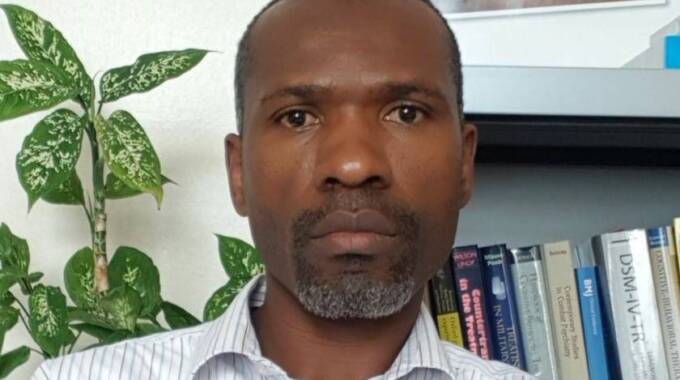
The Sunday Mail

Mertha Mo Nyamande
MOST African nations still have people who experienced colonial oppression and their offspring are directly affected by such anomalies. There are many things our forefathers did in the name of safety, as survival mechanisms. Sadly, some of those behaviours became habits and over time turned into a culture.
Changing such habits would be seen as disrespectful to those who introduced them. The nature of African traditions is that we do not question our elders, thus, many things are not spoken about or questioned. Generations simply continue with what they see being practised.
The concepts of transactional analysis and family life cycle have been lost or diluted. These are some of the issues causing the decay of our moral fabric, deterioration of our social values and the rise in mental disorders, especially substance use, to numb the pain, which is a poor coping mechanism.
These are some of the issues besetting the African child. We hold on to a culture that has been created out of fear and inequality.
Inferiority emanated from the restricted information we were allowed to have, which limits our thinking and development.
There are many systems that have been introduced to subjugate Africans. Unfortunately, some of these practices are still at play, deeply ingrained in us, despite several changes that have taken place.
Such systems are working against our development, even to this day, affecting our ability to achieve stability in all aspects of life.
African countries attained political freedom, but not economic independence.
We have been made to believe more in a strong external locus of control than an internal one.
Within such structures lie a culture of manipulation, self-hatred and fear, which has been there during the times of oppression, hence it has become “our culture”.
This has been the nature of our existence for the longest time. We may not show any physical wounds or disease, but mentally, the scars are too deep to heal without an induced coma, for we keep picking at the scabs.
These mental disorders have made it difficult for us to be able to look out for each other as a people — a condition known as post- slavery stress disorder. It is similar to post-traumatic stress disorder (PTSD).
What are the symptoms of these disorders?
Flashbacks or re-experiencing — feeling of the terror/horror happening again. This can cause a reaction where one defends oneself, even when not provoked. This may be misinterpreted as hallucination (hearing or seeing things that are not there).
Intrusive thoughts or nightmares, leading to poor sleep. This lack of sleep results in irritability and aggression, and in severe forms, it can lead to psychosis and violent behaviours.
Avoiding people, places or events that are reminiscent of the events. This also sees one avoiding activities that children need in order to develop.
These are some of the traits that have been strongly associated with black personalities, typically those of African origin. This is also the reason most black people in the Western world are easily diagnosed as schizophrenics, whenever they get into mental health institutions.
The physical wars may have long ended but the mental ones are yet to get the ceasefire order. Within the African context, we believe these symptoms are spiritual and, therefore, require spiritual interventions and healing, but we know there are effective evidence-based treatments for PTSD, which have worked and are still working for soldiers in the Western world.
Our thoughts are maintained by the erroneous belief that we can hold these shared beliefs as we may have been taught these in a school setting. As such, mass interventions would be required to change such beliefs, behaviours, habits and culture.
We no longer have to travel millions of miles to get these interventions as our own people have gone abroad and learnt these techniques. They are back home to help those struggling with such conditions.
Help is only a phone call away. Do not suffer in silence.
Mertha Mo Nyamande is a psychotherapist. He can be contacted on: [email protected] or @ www.i-wellbeing.weebly.com



